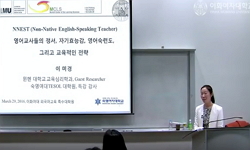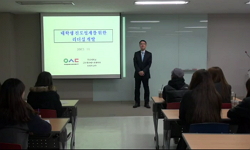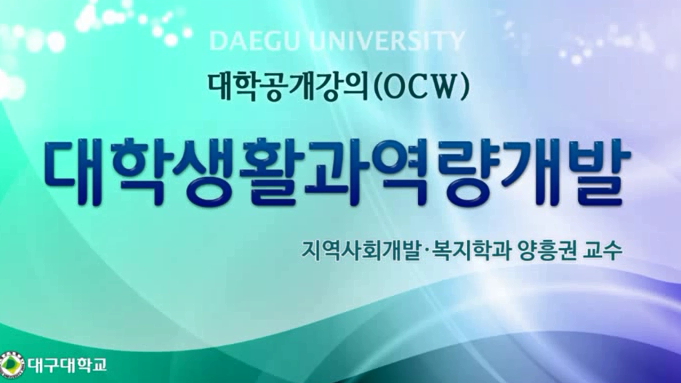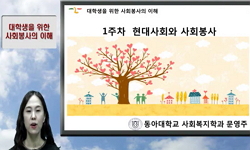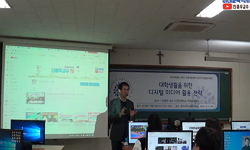본 연구는 대학 우슈 전공 운동선수의 성취 목표 지향이 운동 열정과 운동 자기 효능감을 매개로 하여 심리적 행복감에 미치는 영향을 규명하는 데 목적이 있다. 운동 열정과 운동 자기 효능...
http://chineseinput.net/에서 pinyin(병음)방식으로 중국어를 변환할 수 있습니다.
변환된 중국어를 복사하여 사용하시면 됩니다.
- 中文 을 입력하시려면 zhongwen을 입력하시고 space를누르시면됩니다.
- 北京 을 입력하시려면 beijing을 입력하시고 space를 누르시면 됩니다.

중국 대학 우슈 선수의 성취 목표 지향이 심리적 행복감에 미치는 영향 : 운동 열정과 운동 자기 효능감의 매개효과 = The Influence of Achievement Goal Orientation on Psychological Well-Being in Chinese University Wushu Athletes: The Mediating Effects of Sport Passion and Sport Self-Efficacy
한글로보기https://www.riss.kr/link?id=A109407027
- 저자
- 발행기관
- 학술지명
- 권호사항
-
발행연도
2024
-
작성언어
Korean
- 주제어
-
등재정보
KCI등재
-
자료형태
학술저널
-
수록면
22-32(11쪽)
- 제공처
-
0
상세조회 -
0
다운로드
부가정보
국문 초록 (Abstract)
본 연구는 대학 우슈 전공 운동선수의 성취 목표 지향이 운동 열정과 운동 자기 효능감을 매개로 하여 심리적 행복감에 미치는 영향을 규명하는 데 목적이 있다. 운동 열정과 운동 자기 효능감은 성취 목표 지향과 심리적 행복감 간의 관계에서 이중 매개 효과를 가진다. 연구를 위해 베이징체육대학, 상하이체육대학, 청두체육대학, 우한체육대학의 우슈 전공 학생 408명을 대상으로 성취 목표 지향, 심리적 행복감, 운동 열정, 운동 자기 효능감에 관한 설문조사를 실시하였다. 수집된 자료는 SPSS 27.0을 활용해 탐색적 요인 분석, 신뢰도 분석, 기술 통계 분석, 상관성 분석을 수행하였고, AMOS 27.0을 사용하여 구조방정식 모델 분석 및 매개 효과 검정을 실시하였다. 연구 결과는 다음과 같다. 첫째, 대학 우슈 전공 운동선수의 성취 목표 지향은 심리적 행복감을 유의미하게 긍정적으로 예측하는것으로 나타났다. 둘째, 운동 열정은 성취 목표 지향과 심리적 행복감 간의 관계에서 중요한 매개 역할을 하는 것으로 확인되었다. 셋째, 운동 자기 효능감 또한 성취 목표 지향과 심리적 행복감 사이에서 매개 역할을 수행하는 것으로 나타났다. 넷째, 운동 열정과 운동 자기 효능감은 이중 매개 변수로 작용하여 성취 목표 지향과 심리적 행복감 간의 관계에 영향을 미쳤으며, 특히 과제 목표는 조화형 열정과 훈련 자기 효능감을 통해 긍정적인 영향을 미치는 반면, 타인 관계 목표는 강박형 열정과 시합 자기 효능감을 통해 심리적행복감에 영향을 미치는 것으로 나타났다. 본 연구는 대학생 우슈 전공 운동선수들의 심리적 동기 매커니즘을 이해할 수 있는 정보를제공하며, 운동선수의 심리적 행복감을 향상시키기 위한 심리적 요인을 규명하였다. 이를 통해 성취 목표 지향 이론을 바탕으로 우슈교육 및 운동 심리 개입에 대한 실증적 근거를 제공하고자 한다.
다국어 초록 (Multilingual Abstract)
Exercise passion and self-efficacy act as dual mediators in the relationship between achievement goal orientation and psychological well-being. To conduct the research, 408 Wushu major students from Beijing Sport University, Shanghai Sport University, Chengdu Sport University, and Wuhan Sport University were surveyed on achievement goal orientation, psychological well-being, exercise passion, and self-efficacy. The collected data were analyzed using SPSS 27.0 for exploratory factor analysis, reliability analysis, descriptive statistics, and correlation analysis, while AMOS 27.0 was used to perform structural equation modeling and mediation effect tests. The results of the study are as follows. First, the achievement goal orientation of university-level Wushu athletes was found to significantly and positively predict psychological well-being. Second, exercise passion was identified as a key mediator in the relationship between achievement goal orientation and psychological well-being. Third, self-efficacy also played a mediating role between achievement goal orientation and psychological well-being. Fourth, both exercise passion and self-efficacy functioned as dual mediators, influencing the relationship between achievement goal orientation and psychological well-being. Specifically, task goals positively affected psychological well-being through harmonious passion and training self-efficacy, while relationship goals influenced psychological well-being through obsessive passion and competition self-efficacy. This study provides valuable insights into the psychological motivational mechanisms of university-level Wushu athletes and offers practical suggestions for enhancing athletes’ psychological well-being. The findings contribute to the development of achievement goal orientation theory and offer empirical evidence for Wushu education and sport psychology interventions.
This study aimed to investigate how achievement goal orientation among university-level Wushu athletes affects their psychological well-being through the mediating roles of exercise passion and self-efficacy. Exercise passion and self-efficacy act as ...
This study aimed to investigate how achievement goal orientation among university-level Wushu athletes affects their psychological well-being through the mediating roles of exercise passion and self-efficacy.
Exercise passion and self-efficacy act as dual mediators in the relationship between achievement goal orientation and psychological well-being. To conduct the research, 408 Wushu major students from Beijing Sport University, Shanghai Sport University, Chengdu Sport University, and Wuhan Sport University were surveyed on achievement goal orientation, psychological well-being, exercise passion, and self-efficacy. The collected data were analyzed using SPSS 27.0 for exploratory factor analysis, reliability analysis, descriptive statistics, and correlation analysis, while AMOS 27.0 was used to perform structural equation modeling and mediation effect tests. The results of the study are as follows. First, the achievement goal orientation of university-level Wushu athletes was found to significantly and positively predict psychological well-being. Second, exercise passion was identified as a key mediator in the relationship between achievement goal orientation and psychological well-being. Third, self-efficacy also played a mediating role between achievement goal orientation and psychological well-being. Fourth, both exercise passion and self-efficacy functioned as dual mediators, influencing the relationship between achievement goal orientation and psychological well-being. Specifically, task goals positively affected psychological well-being through harmonious passion and training self-efficacy, while relationship goals influenced psychological well-being through obsessive passion and competition self-efficacy. This study provides valuable insights into the psychological motivational mechanisms of university-level Wushu athletes and offers practical suggestions for enhancing athletes’ psychological well-being. The findings contribute to the development of achievement goal orientation theory and offer empirical evidence for Wushu education and sport psychology interventions.
동일학술지(권/호) 다른 논문
-
무도전공 학생선수와 체육무도전공 일반학생의 상호 인식 분석
- 한국코칭능력개발원
- 손나래
- 2024
- KCI등재
-
- 한국코칭능력개발원
- 신윤아
- 2024
- KCI등재
-
전신 크라이오테라피 처치 강도에 따른 대학축구선수의 뇌산소포화도, 심박수 및 체온의 변화
- 한국코칭능력개발원
- 김예영
- 2024
- KCI등재
-
생활체육 참여자의 주관적 건강상태 영향요인: 2023년 국민생활체육조사 자료 분석
- 한국코칭능력개발원
- 박철형
- 2024
- KCI등재




 DBpia
DBpia